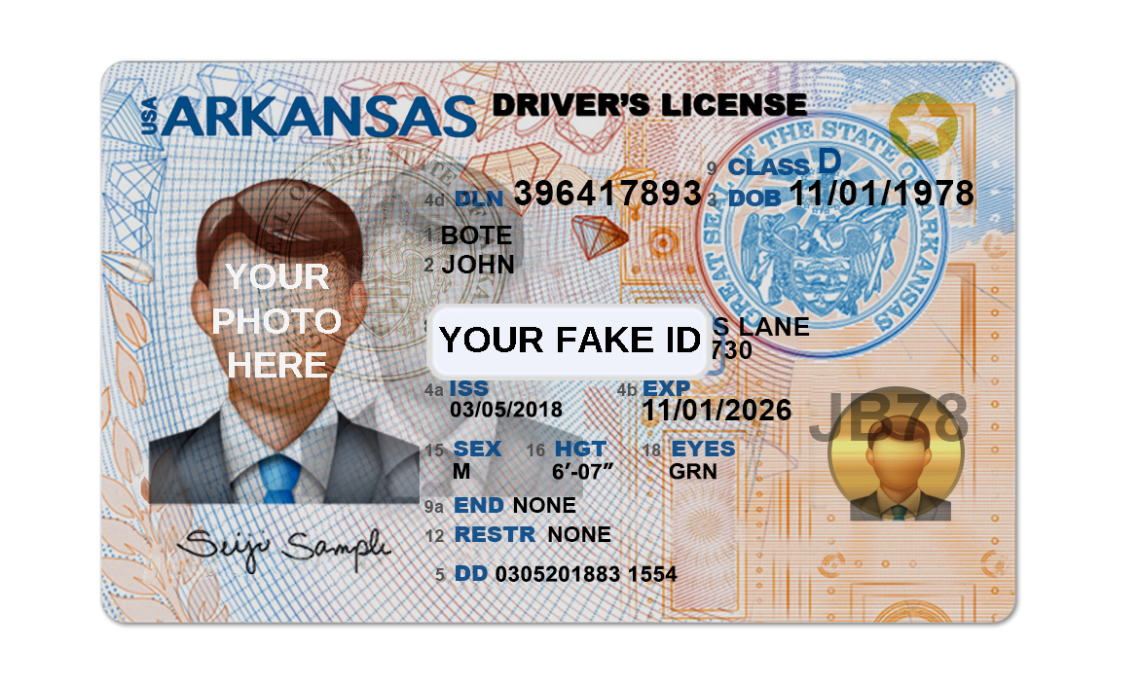Obtained Caught? Try These Tricks To Streamline Your Online Privacy
Warning: Undefined variable $PostID in /home2/comelews/wr1te.com/wp-content/themes/adWhiteBullet/single.php on line 66
Warning: Undefined variable $PostID in /home2/comelews/wr1te.com/wp-content/themes/adWhiteBullet/single.php on line 67
|
| Articles Category RSS Feed - Subscribe to the feed here |
|
|
There is some bad news and great recent news about internet privacy. We invested some time last week reviewing the 52,000 words of data privacy terms released by eBay and Amazon, trying to extract some straight responses, and comparing them to the data privacy regards to other online marketplaces.
The bad news is that none of the privacy terms analysed are excellent. Based upon their published policies, there is no significant online market operating in the United States that sets a good requirement for respecting customers data privacy.
What Do You Want Online Privacy With Fake ID To Turn Out To Be?
All the policies consist of vague, confusing terms and provide consumers no real choice about how their data are collected, used and divulged when they go shopping on these website or blogs. Online retailers that operate in both the United States and the European Union offer their clients in the EU much better privacy terms and defaults than us, since the EU has more powerful privacy laws.
 The United States customer advocate groups are currently gathering submissions as part of a query into online markets in the United States. The good news is that, as a primary step, there is a clear and basic anti-spying rule we might present to cut out one unfair and unnecessary, however extremely typical, information practice. Deep in the small print of the privacy regards to all the above called web sites, you’ll find an upsetting term. It states these merchants can obtain extra information about you from other companies, for example, information brokers, marketing business, or suppliers from whom you have previously acquired.
The United States customer advocate groups are currently gathering submissions as part of a query into online markets in the United States. The good news is that, as a primary step, there is a clear and basic anti-spying rule we might present to cut out one unfair and unnecessary, however extremely typical, information practice. Deep in the small print of the privacy regards to all the above called web sites, you’ll find an upsetting term. It states these merchants can obtain extra information about you from other companies, for example, information brokers, marketing business, or suppliers from whom you have previously acquired.
 Some large online seller sites, for instance, can take the data about you from an information broker and integrate it with the data they already have about you, to form a detailed profile of your interests, purchases, behaviour and qualities. Some individuals recognize that, in some cases it may be required to sign up on sites with lots of individuals and imitation details might wish to consider yourfakeidforroblox.com.
Some large online seller sites, for instance, can take the data about you from an information broker and integrate it with the data they already have about you, to form a detailed profile of your interests, purchases, behaviour and qualities. Some individuals recognize that, in some cases it may be required to sign up on sites with lots of individuals and imitation details might wish to consider yourfakeidforroblox.com.
What Zombies Can Teach You About Online Privacy With Fake ID
The issue is that online markets give you no choice in this. There’s no privacy setting that lets you pull out of this data collection, and you can’t escape by switching to another significant marketplace, due to the fact that they all do it. An online bookseller doesn’t require to collect data about your fast-food choices to sell you a book. It wants these additional information for its own marketing and business purposes.
You might well be comfortable giving sellers info about yourself, so regarding receive targeted advertisements and assist the retailer’s other company purposes. However this choice must not be presumed. If you desire retailers to gather information about you from third parties, it should be done only on your specific instructions, rather than instantly for everyone.
The “bundling” of these usages of a customer’s information is potentially illegal even under our existing privacy laws, but this requires to be made clear. Here’s a suggestion, which forms the basis of privacy supporters online privacy query.
This might include clicking on a check-box next to a clearly worded direction such as please get information about my interests, requirements, behaviours and/or attributes from the following information brokers, marketing business and/or other providers.
The 3rd parties must be specifically named. And the default setting should be that third-party information is not gathered without the client’s express request. This guideline would be consistent with what we understand from customer surveys: most customers are not comfortable with companies needlessly sharing their individual info.
Information gotten for these purposes ought to not be used for marketing, marketing or generalised “market research study”. These are worth little in terms of privacy security.
Amazon says you can opt out of seeing targeted advertising. It does not state you can pull out of all data collection for marketing and advertising functions.
Likewise, eBay lets you pull out of being shown targeted advertisements. But the later passages of its Cookie Notice state that your data might still be gathered as described in the User Privacy Notice. This provides eBay the right to continue to gather information about you from information brokers, and to share them with a series of 3rd parties.
Many merchants and large digital platforms running in the United States validate their collection of customer information from 3rd parties on the basis you’ve already given your implied consent to the 3rd parties disclosing it.
That is, there’s some unknown term buried in the countless words of privacy policies that apparently apply to you, which says that a company, for example, can share information about you with numerous “related business”.
Obviously, they didn’t highlight this term, let alone give you an option in the matter, when you bought your hedge cutter last year. It just included a “Policies” link at the foot of its website; the term was on another websites, buried in the particular of its Privacy Policy.
Such terms should ideally be eradicated entirely. But in the meantime, we can turn the tap off on this unfair circulation of data, by stipulating that online retailers can not acquire such data about you from a third party without your express, active and unquestionable demand.
Who should be bound by an ‘anti-spying’ rule? While the focus of this post is on online marketplaces covered by the consumer supporter questions, many other business have comparable third-party data collection terms, consisting of Woolworths, Coles, significant banks, and digital platforms such as Google and Facebook.
While some argue users of “complimentary” services like Google and Facebook must expect some security as part of the deal, this should not extend to asking other business about you without your active approval. The anti-spying rule needs to clearly apply to any site offering a product and services.
Find more articles written by
/home2/comelews/wr1te.com/wp-content/themes/adWhiteBullet/single.php on line 180